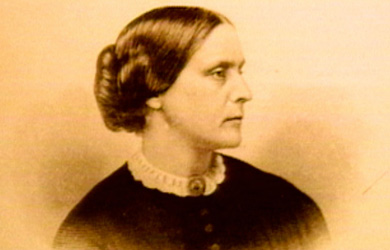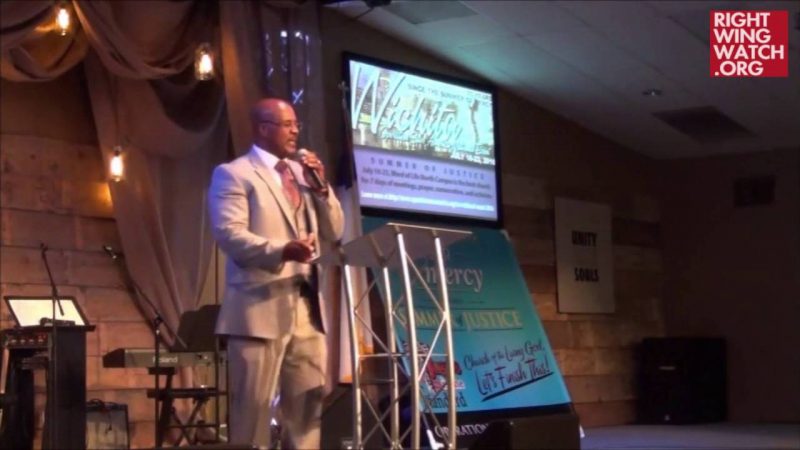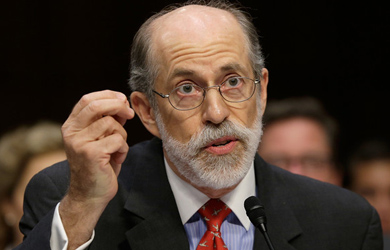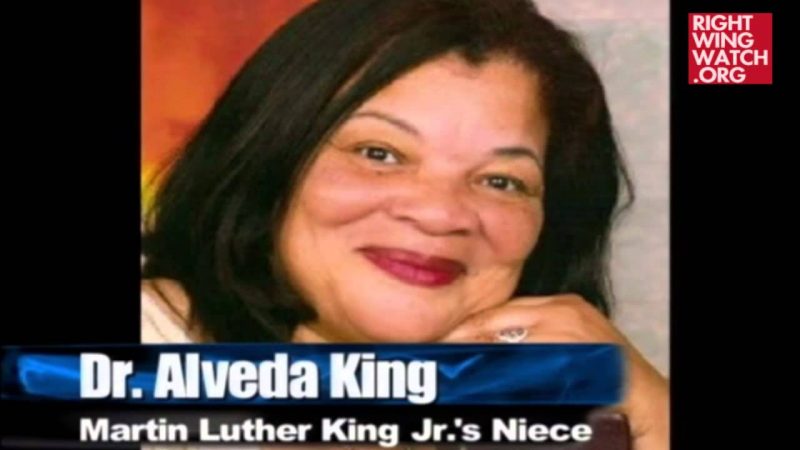I always just assumed that if an anti-choice group was going to name itself after a famous activist, that said activist would have shared said group’s anti-choice views.
Thus, when the Susan B. Anthony List Anthony claims that its namesake “was an outspoken critic of abortion, even calling abortion ‘child murder,'” you’d think the organization would have copious evidence to support that claim.
But it turns out that that is not the case at all, as Ann Gordon and Lynn Sherr, both experts on Anthony, explain in the Washington Post’s “On Faith” section:
For nearly 30 years, both of us have been immersed in Susan B. Anthony’s words – Ann as the editor of Anthony’s papers, Lynn as the author of a biography. We have read every single word that this very voluble – and endlessly political – woman left behind. Our conclusion: Anthony spent no time on the politics of abortion. It was of no interest to her, despite living in a society (and a family) where women aborted unwanted pregnancies.
The List’s mission statement proclaims, “Although [Anthony] is known for helping women win the right to vote, it is often untold in history that she and most early feminists were strongly pro-life.” There’s a good reason it’s “untold:” historians and good journalists rely on evidence. Of which there is none.
The bits of information circulating on the Web always cite “Marriage and Maternity,” an article in a newspaper owned for several years after the Civil War by Susan B. Anthony. In it, the writer deplores “the horrible crime of child-murder,” and signs it simply, “A.” Although no data exists that Anthony wrote it, or ever used that shorthand for herself, she is imagined to be its author. The anti-abortion forces also ignore the paragraph in which the anonymous author vigorously opposes “demanding a law for its suppression.” In other words, the article opposes the criminalization of abortion and was written by someone other then Anthony. Untold? Unproven.
…
Susan B. Anthony, a lifelong Quaker, included Mormons, Catholics, Christians, Jews and atheists in her movement. But she firmly believed that religion had no place in politics. “I dislike those who know so well what God wants them to do,” she said, “because I notice it always coincides with their own desires.”








